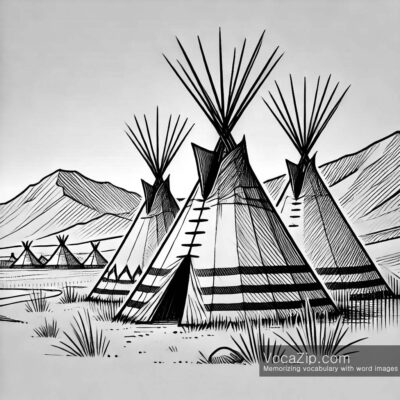heritage meaning
heritage :
legacy, inheritance
noun
▪ The museum has a rich heritage of art.
▪ The museum has a lot of art passed down from the past.
▪ Our heritage includes many old customs.
▪ Our traditions include many old ways of doing things.
paraphrasing
▪ legacy – something handed down
▪ tradition – old customs
▪ inheritance – things received from ancestors
▪ patrimony – heritage from a father

Pronunciation
heritage [ˈhɛrɪtɪdʒ]
The stress is on 'her' and sounds like 'her-i-tij'.
Common phrases and grammar about heritage
heritage - Common meaning
noun
legacy, inheritance
Part of Speech Changes for "heritage"
▪ inherit (verb) – to receive from ancestors
▪ inherited (adjective) – received from ancestors
Common Expressions with "heritage"
▪ cultural heritage – traditions of a culture
▪ national heritage – traditions of a nation
▪ heritage site – a place important for history
▪ family heritage – traditions from a family
Important examples of heritage in TOEIC
Vocabulary examples from the TOEIC test
In TOEIC vocabulary questions, heritage often refers to cultural or historical traditions.
Example of a confusing word: inheritance (property or money received)
Grammar examples from the TOEIC test
Heritage is used as a noun and often appears in questions about cultural or historical contexts.
heritage
Idioms and fixed expressions in TOEIC
cultural heritage
'traditions of a culture', used when discussing cultural preservation.
heritage of humanity
means 'shared history of all people', used in discussions about global culture.
Differences between similar words and heritage
heritage
,
legacy
differences
Heritage refers to traditions or properties passed down, while legacy often refers to something left behind by someone.
Words with the same origin as heritage
The origin of heritage
The word 'heritage' comes from the Old French 'eritage', meaning 'inheritance'.
Word structure
It has the root herit (inherit) and suffix age (noun), meaning 'something inherited'.
Words with the same origin
The root of heritage is herit (inherit). Words with the same root include inherit (to receive from ancestors).
Please select an image in the quiz
Previous post and next post







